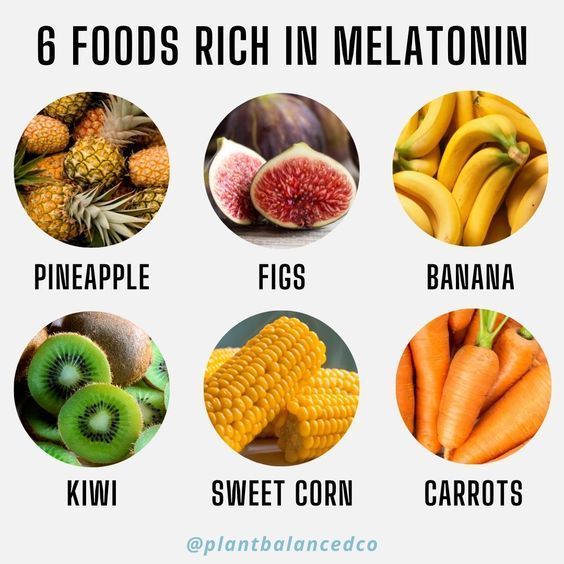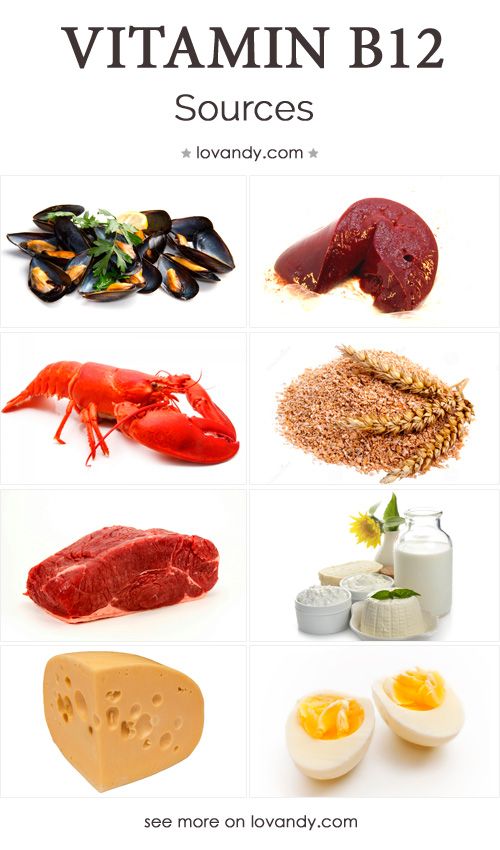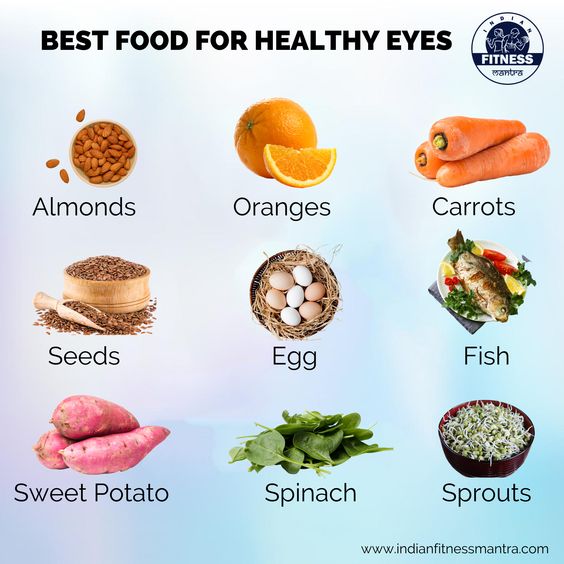Eshealthtips.com – Celiac disease can cause eye problems related to nutrient malabsorption and immune alterations. These extraintestinal manifestations can include ophthalmic complications such as dry eyes and a condition called Sjogren’s syndrome.
Fat-Soluble Vitamins Important for Whole-Body Health
Gluten triggers your immune system to damage villi, finger-like projections in the small intestine that absorb nutrients before they reach the bloodstream. Without healthy villi, you can’t get the nutrients you need to grow and stay healthy. Vitamin A is a fat-soluble vitamin essential for whole-body health. It helps keep your skin bright and eyesight working properly and it is also vital for reproductive and immune system functions. It comes in two forms: preformed (retinol and retinyl palmitate) and carotenoids (like lutein and zeaxanthin). Preformed vitamin A is found only in animal-based foods while carotenoids can be absorbed from plant-based sources such as fruits and vegetables.
One study showed that people who eat a diet rich in vitamin A and beta-carotene (like from an egg) are less likely to develop age-related macular degeneration than those who don’t. This was due to the anti-inflammatory effects of Vitamin A that helped prevent eye dryness and ocular surface damage like bitot spots. Celiac disease malabsorption makes it harder to absorb this and other nutrients so a deficiency can result in symptoms like eye problems.
 Vitamin C, known as ascorbic acid or ascorbate, is a powerful antioxidant that helps to neutralize free radicals that damage cells. Vitamin C is found in many fresh foods, especially fruits and vegetables. Research has shown that focusing on eating nutrient-rich foods can help prevent or treat health conditions associated with celiac disease and non celiac gluten sensitivity, including vision concerns like cataracts, anemia, gastrointestinal symptoms and eye problems such as uveitis.
Vitamin C, known as ascorbic acid or ascorbate, is a powerful antioxidant that helps to neutralize free radicals that damage cells. Vitamin C is found in many fresh foods, especially fruits and vegetables. Research has shown that focusing on eating nutrient-rich foods can help prevent or treat health conditions associated with celiac disease and non celiac gluten sensitivity, including vision concerns like cataracts, anemia, gastrointestinal symptoms and eye problems such as uveitis.
Development of Cataracts due to Low Calcium Levels
Malabsorption of iron and vitamin B12 can cause iron deficiency anemia, while malabsorption of calcium causes hypocalcemia. This can lead to the development of cataracts as low levels of calcium interfere with the osmotic balance between the lens and aqueous humor, altering the composition of the lens and causing it to become cloudy.
Vitamin E, also known as alpha-tocopherol, is a fat-soluble vitamin that acts as an antioxidant by scavenging free radicals and enhances immune function. It is also thought to prevent heart disease, improve cognitive function, and slow the progression of Alzheimer’s disease. It may help prevent cataracts (cloudy lenses in the eye), which are linked to celiac disease in some people. However, more research is needed.
 Some research suggests that vitamin E supplements may reduce the risk of coronary heart disease by reducing LDL (“bad”) cholesterol oxidation, which is an early event in the development of atherosclerosis. However, recent clinical trials involving middle-aged and elderly participants with cardiovascular disease show that routine use of vitamin E supplements does not prevent CHD or its complications [24]. Talk to your doctor before taking any vitamin E supplement.
Some research suggests that vitamin E supplements may reduce the risk of coronary heart disease by reducing LDL (“bad”) cholesterol oxidation, which is an early event in the development of atherosclerosis. However, recent clinical trials involving middle-aged and elderly participants with cardiovascular disease show that routine use of vitamin E supplements does not prevent CHD or its complications [24]. Talk to your doctor before taking any vitamin E supplement.
Provitamin A Carotenoid and Converted to Vitamin A in the Body
Beta-carotene is a provitamin A carotenoid and is converted to Vitamin A in the body. It acts as an antioxidant that fights oxidative stress (a state of imbalance in which unstable free radicals outnumber the body’s natural antioxidants) and has been linked to reduced risk of heart disease, cancer, and eye disease. It is found mainly in yellow and orange fruits and vegetables, as well as green leafy vegetables. It is also available as a supplement.
High blood levels of supplemental beta-carotene and Vitamin A have been associated with decreased rates of advanced age-related macular degeneration. However, a study that gave large doses of these nutrients to smokers and those exposed to asbestos showed that they increased their risk of lung cancer and heart disease. Zinc is a mineral needed in small amounts for normal body function, including immune system health, blood clotting, and the sense of taste. Zinc is used by mouth to prevent and treat the common cold, recurrent ear infections, swine flu, upper respiratory infections, diarrhea, low blood levels of calcium (hypocalcemia), and pneumonia; and to boost resistance to infection.
 Zinc is also used to slow the progression of age-related macular degeneration, which results in loss of central vision. A clinical trial called AREDS found that people with AMD who took zinc supplements with vitamin C, E, and beta-carotene had a slower rate of vision loss. Zinc is also applied to the skin for diaper rash, wound healing, and warts. Zinc citrate is used in toothpaste and mouthwash to prevent gum disease and bad breath.
Zinc is also used to slow the progression of age-related macular degeneration, which results in loss of central vision. A clinical trial called AREDS found that people with AMD who took zinc supplements with vitamin C, E, and beta-carotene had a slower rate of vision loss. Zinc is also applied to the skin for diaper rash, wound healing, and warts. Zinc citrate is used in toothpaste and mouthwash to prevent gum disease and bad breath.
Reference :